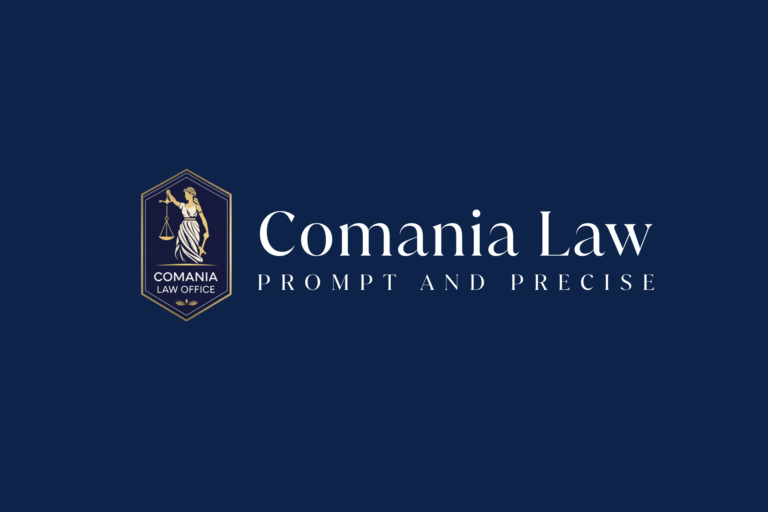BAGUIO CITY, Philippines — The Supreme Court (SC) Second Division, in a Decision promulgated on April 23, 2025, dismissed the petition of Eloisa Maliwat-Melad seeking to nullify her 1990 marriage to Amancio Reyes Melad on the ground of an allegedly unauthorized solemnizing officer. The Court, in an opinion penned by Associate Justice Mario V. Lopez, affirmed the validity of the marriage, citing the petitioner’s failure to present clear and convincing evidence and her own good faith belief in the officer’s authority.
Eloisa Maliwat-Melad and Amancio Reyes Melad were married at the Tarlac City Municipal Hall on March 23, 1990, with the marriage contract indicating that Judge Conrado De Gracia solemnized the union. Years later, in 2017, while consulting a lawyer about a potential legal separation case, Eloisa was informed that the person who officiated her marriage ceremony, as seen in wedding pictures, appeared to be a certain Rosalio Florendo, and not Judge De Gracia as stated in the document. Eloisa admitted that she did not personally know Judge De Gracia and had relied on the assumption that the solemnizing officer was the judge. Consequently, she filed a petition with the Family Court in Tarlac City to declare her marriage void ab initio for lack of authority of the solemnizing officer.
The core issue before the Supreme Court was whether Eloisa successfully proved, by clear and convincing evidence, that her marriage was void due to the lack of authority of the solemnizing officer, pursuant to Article 35(2) of the Family Code. The lower courts, the Family Court and the Court of Appeals (CA), both denied her petition, citing the failure of her witnesses (herself, a wedding guest, and her lawyer) to competently establish the actual identities of either Judge De Gracia or the alleged substitute, Rosalio Florendo. The CA relied on the principle that the marriage contract, being a public document, serves as prima facie proof of the marriage’s validity.
The Supreme Court dismissed the petition, ruling that Eloisa failed to meet the required quantum of proof. The Court held that the testimonies of her witnesses were unsubstantiated and self-serving, as none could definitively distinguish between Judge De Gracia and Florendo or establish Florendo’s lack of authority. The Court emphasized that the authenticity of Judge De Gracia’s name and signature on the marriage contract was never assailed, and absent sufficient contrary evidence, an officer shown to have performed a marriage ceremony is presumed to have legal authority to do so.
Furthermore, the Court ruled that even assuming the solemnizing officer was not Judge De Gracia, the marriage would still be considered valid under the exception provided in Article 35(2) of the Family Code. This exception protects marriages contracted by parties who believe in good faith that the solemnizing officer had the legal authority to officiate. Since Eloisa had genuinely believed since 1990 that her marriage was solemnized by a judge—a person legally authorized to do so—her case fell squarely within this exception, upholding the validity and permanence of the marriage.

